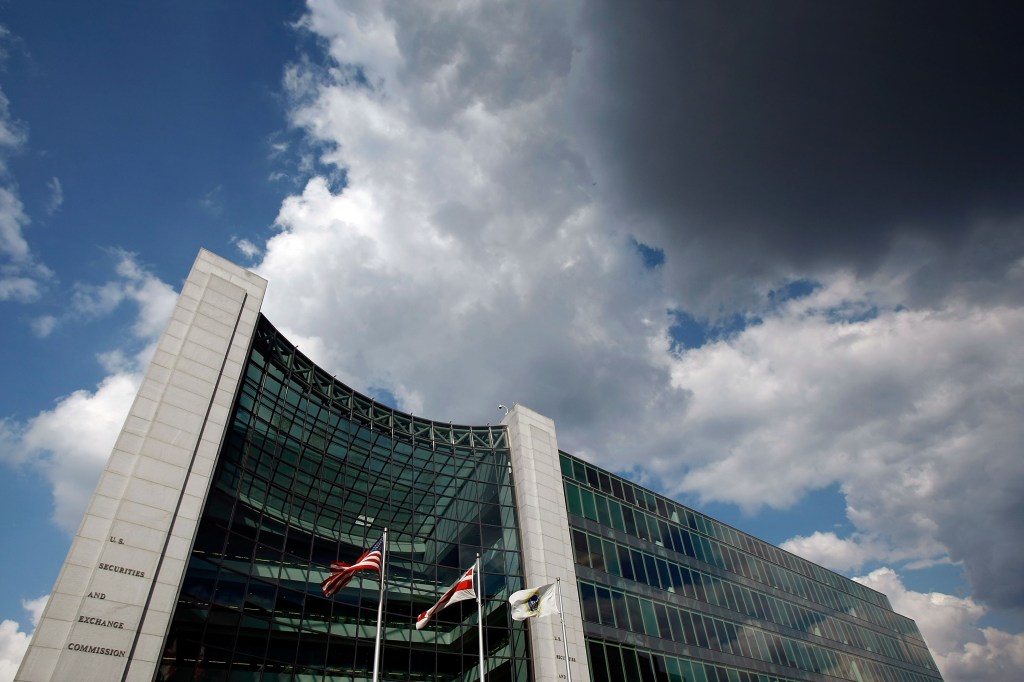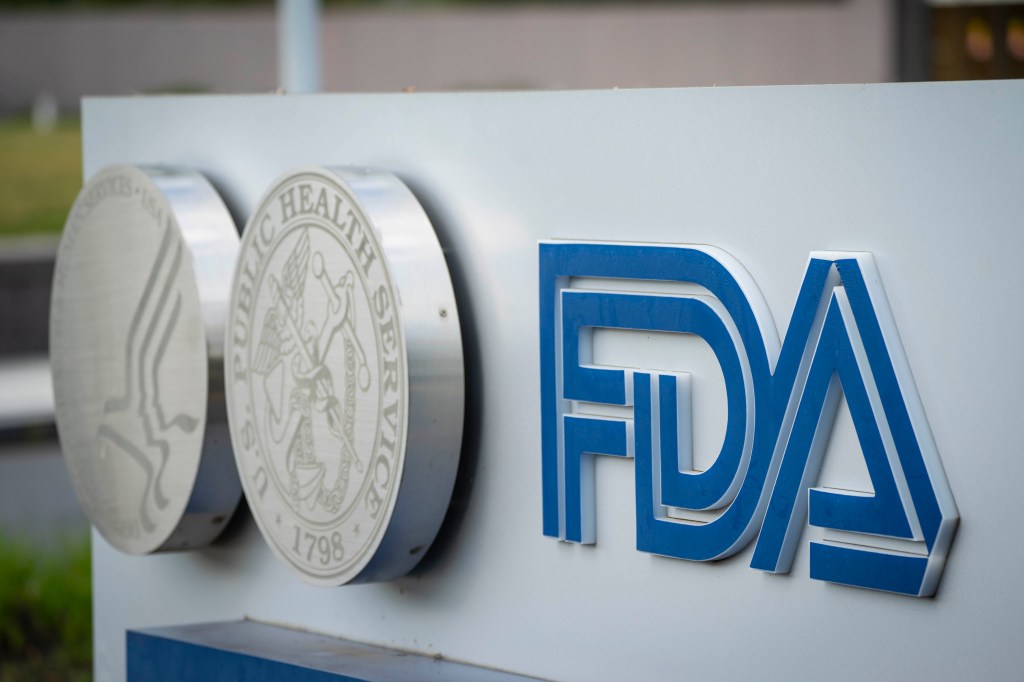Finanstilsynet, the Danish Financial Supervisory Authority (FSA), opened 245 cases of potential market abuse in 2024, its new report of activities in 2024 discloses. That is a slight decrease from 2023, but the amount of suspected insider trading cases increased from 132 in 2023 to 142 in 2024.
Investigations into suspected market manipulation went down from 109 to
More
Register for free to keep reading
To continue reading this article and unlock full access to GRIP, register now. You’ll enjoy free access to all content until our subscription service launches in early 2026.
- Unlimited access to industry insights
- Stay on top of key rules and regulatory changes with our Rules Navigator
- Ad-free experience with no distractions
- Regular podcasts from trusted external experts
- Fresh compliance and regulatory content every day













